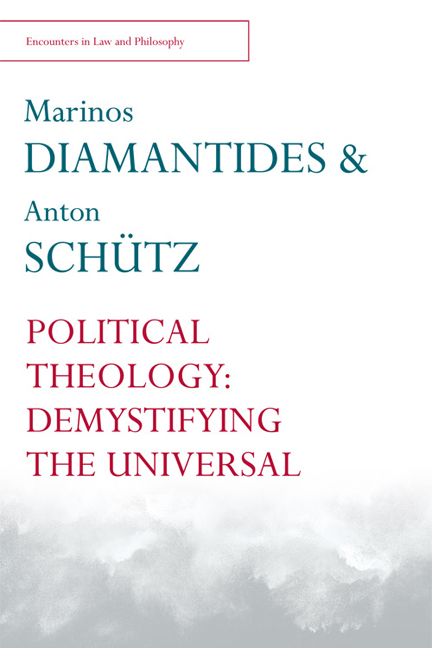Book contents
- Frontmatter
- Contents
- List of Illustrations
- Acknowledgements
- Notes on Contributors
- Series Editor's Preface
- 1 Introduction
- PART I SURPLUS PRODUCTION, URBAN GROWTH AND THE ENVIRONMENT
- PART II FRONTIERS AND FRONTIER LANDSCAPES
- PART III CONTESTED TERRITORIES AND CULTURAL CONTACTS BETWEEN PERSIA AND ROME
- 8 Minority Religions in the Sasanian Empire: Suppression, Integration and Relations with Rome
- 9 A Contested Jurisdiction: Armenia in Late Antiquity
- 10 Cultural Contacts Between Rome and Persia at the Time of Ardashir I (c. ad 224–40)
- PART IV IMPERIAL POWER BALANCE AND INTERNATIONAL RELATIONS
- Index
8 - Minority Religions in the Sasanian Empire: Suppression, Integration and Relations with Rome
from PART III - CONTESTED TERRITORIES AND CULTURAL CONTACTS BETWEEN PERSIA AND ROME
Published online by Cambridge University Press: 22 December 2017
- Frontmatter
- Contents
- List of Illustrations
- Acknowledgements
- Notes on Contributors
- Series Editor's Preface
- 1 Introduction
- PART I SURPLUS PRODUCTION, URBAN GROWTH AND THE ENVIRONMENT
- PART II FRONTIERS AND FRONTIER LANDSCAPES
- PART III CONTESTED TERRITORIES AND CULTURAL CONTACTS BETWEEN PERSIA AND ROME
- 8 Minority Religions in the Sasanian Empire: Suppression, Integration and Relations with Rome
- 9 A Contested Jurisdiction: Armenia in Late Antiquity
- 10 Cultural Contacts Between Rome and Persia at the Time of Ardashir I (c. ad 224–40)
- PART IV IMPERIAL POWER BALANCE AND INTERNATIONAL RELATIONS
- Index
Summary
Gauging the importance of religion to the exercise of political will in the Sasanian world requires enormous care. It is all too easy to take the Great Kings at their word as they championed the doctrines of Zoroastrianism in their political pronouncements, especially as some of them also persecuted Christianity. Whether or not such sentiments were genuine, a closer analysis of the evidence suggests a more pragmatic royal use of religion. The political realities on the ground were more often the deciding factor in how the kings related to the religious sectors of Sasanian society. This state of affairs sometimes set the kings against the Zoroastrian clerics, whose agendas were not always in alignment, and it explains why Christian persecutions were usually motivated more by politics than doctrine. Moreover, this dynamic also explains the prominence of the Christian church in the later Sasanian period as kings employed it as a base of support, much as they had the Zoroastrian hierarchy.
INTRODUCTION
The complexities of religious life in the Sasanian realm, especially at the levels of the political elite, are staggering. No less so are the varied scholarly interpretations of how religion functioned in the state, especially religion's influence on the foreign and domestic policies of the shahanshahs, which is the primary concern of the present chapter. One basic fact has long been accepted: although Zoroastrianism was prominent in the Sasanian Empire, it was in fact a vast and diverse empire of many traditions existing in a coherent, if not always harmonious, system. The fortunes of these traditions, including Christianity, Judaism, Manichaeism, Buddhism and so on, fluctuated with the temperaments and policies of each shahanshah and, to a lesser extent, other entities such as powerful Zoroastrian mobads. Less universally but still commonly argued is another proposition: while religion ostensibly explains the policies of the kings, who usually claim to uphold some sort of Zoroastrian principle, such as orderliness and truth (asha), the actual motivations are more often than not informed by the political realities on the ground.
- Type
- Chapter
- Information
- Sasanian PersiaBetween Rome and the Steppes of Eurasia, pp. 181 - 198Publisher: Edinburgh University PressPrint publication year: 2017

